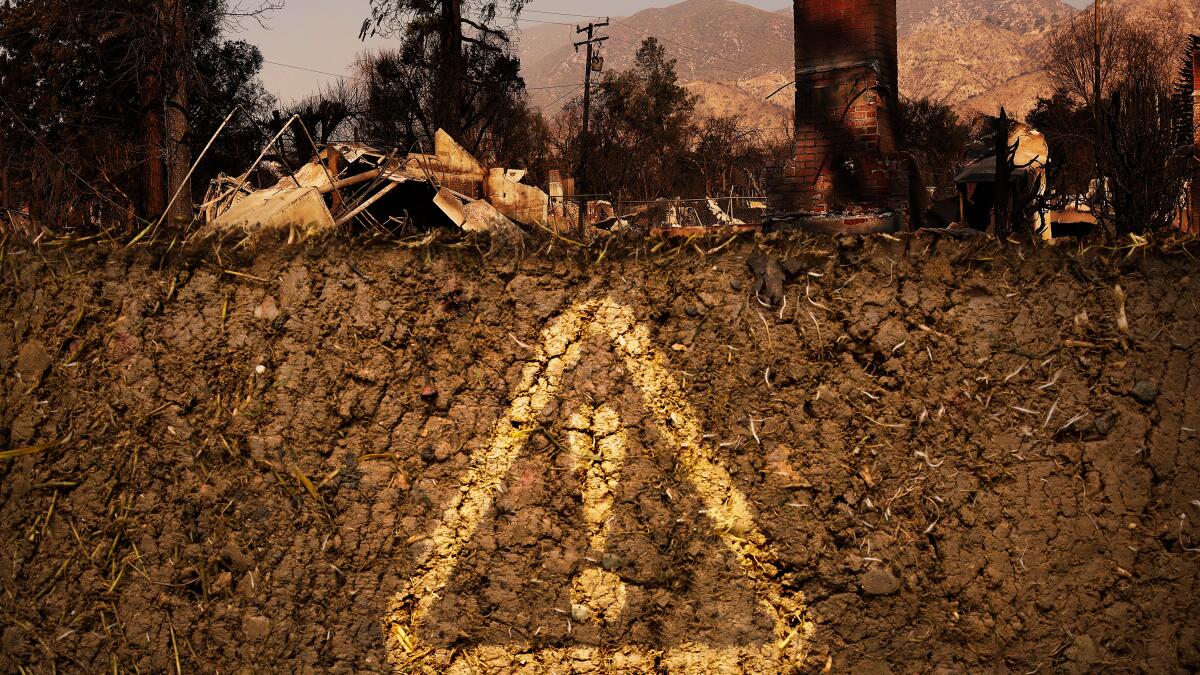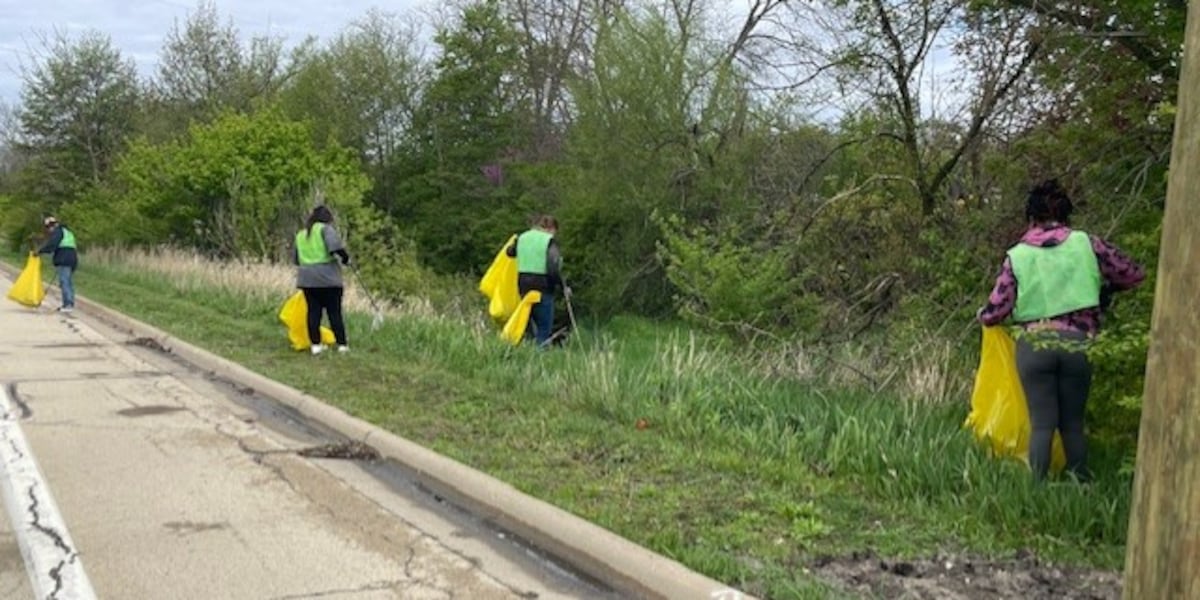
Green Tax Wave: Hawaii Pioneers Eco-Friendly Lodging Levy to Protect Paradise
Hawaii is pioneering a groundbreaking approach to sustainable tourism by introducing the nation's first dedicated environmental lodging tax. This innovative fiscal strategy aims to generate $100 million annually, starting in 2026, marking a significant milestone in the state's commitment to environmental preservation and responsible tourism. The new tax represents a bold step towards balancing the economic benefits of tourism with ecological conservation. By implementing this targeted levy on lodging, Hawaii is sending a clear message about its dedication to protecting its pristine natural landscapes and unique ecosystem. Travelers to the Aloha State can expect this environmental tax to contribute directly to conservation efforts, infrastructure improvements, and sustainable tourism initiatives. The move not only addresses environmental concerns but also positions Hawaii as a global leader in responsible destination management. This progressive policy reflects growing global awareness about the environmental impact of tourism and demonstrates Hawaii's proactive approach to mitigating potential ecological damage while maintaining its status as a world-renowned tourist destination.









